| Sorted by date | |||
page134from Building Ideas
Words like the French ‘whip’ or glas knell’
may strike certain ears with suggestive sonority, but to see that they have not
always had this property we need only examine their Latin forms (fouet is
derived from fagus, ‘beech tree’; glas from classicum, ‘sound of a trumptet’). The
quality of their present sounds, or rather the quality that is attributed to
them is a fortuitous result of phonetic evolution.4
This
lead Saussure to the observation that language operated as a “system of
difference”, where the functioning of words depended on their relationships
with one another, rather than any necessary connection to the objects to which
they refer. For example, there is nothing particularly animal-like about the
words “rat” or “cat”, whereas the difference between rat and cat is obviously
quite significant to the meaning of a sentence. Communication is possible
within this system due to the mutual agreement which governs its use, and this
also depends on the user’s knowledge of the conventions, without which the
letters r-a-t would simply be three black marks on a page. This principle frees
Saussure to concentrate on the syntactic dimension of language, the internal
rules of combination which structure its operation, as opposed to the semantic
dimension or the external reference and meaning. In other words, what Saussure
is studying is the form rather than the content of language, isolating what for
him is the most important aspect of the problem.
The
second of Saussure’s three principles emerged from this notion of language as a
system, and concerned the distinction between the system in general and
particular uses of it in the act of speaking. For this he made use of another
binary opposition, described by the French terms langue and parole, which are
usually left untranslated, to avoid the ambiguities of their English
equivalents. Langue refers to language as a system, with its underlying
structure of rules and conventions, which are then deployed like pieces in a
chess game, in the process of communicating a particular meaning. These
specific acts of parole, or “speech”, are to some extent restricted by the
potential of
|
|||
|
|||
|
|
 ... ...
... ... ... ...
... ... ... ...
... ...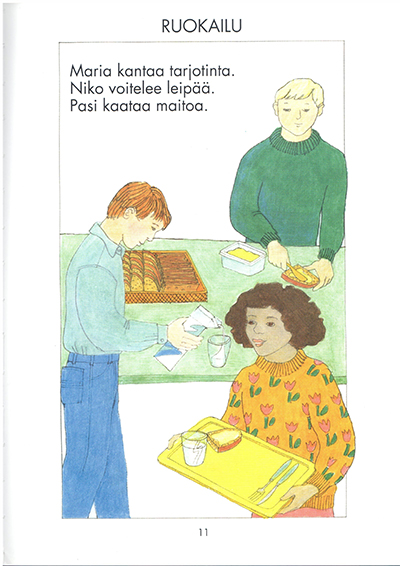 ... ...
... ...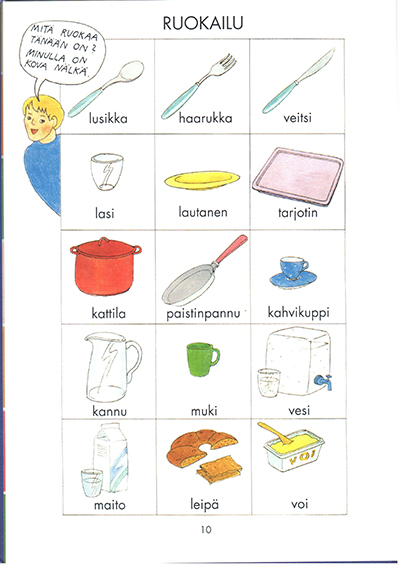 ... ...
... ... ... ...
... ...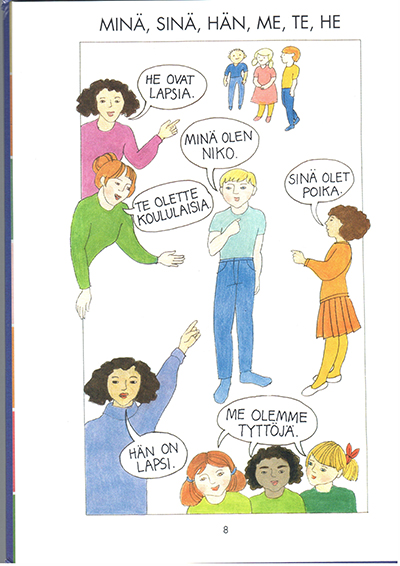 ... ...
... ... ... ...
... ...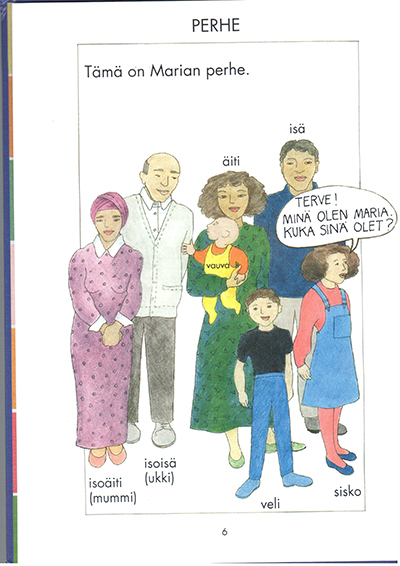 ... ...
... ...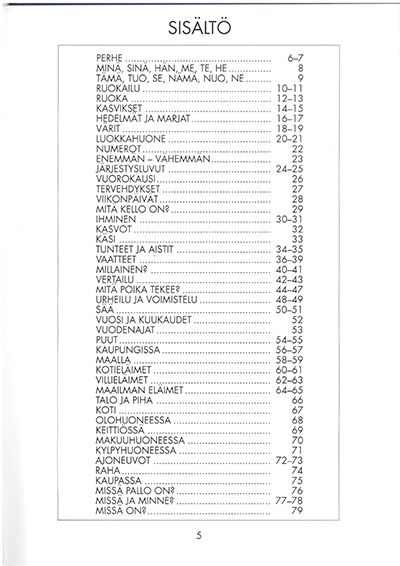 ... ...
... ...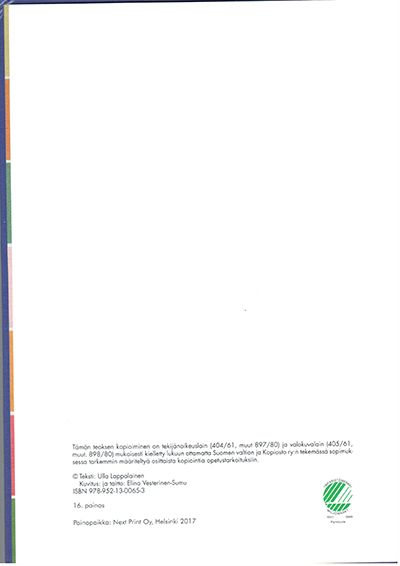 ... ...
... ...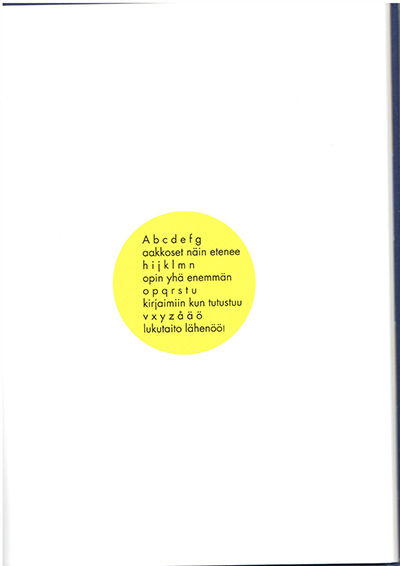 ... ...
... ...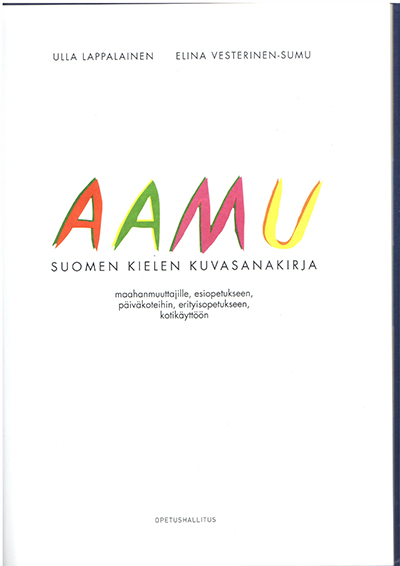 ... ...
... ...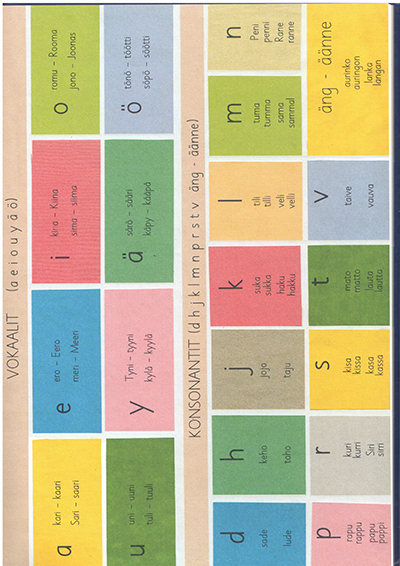 ... ...
... ...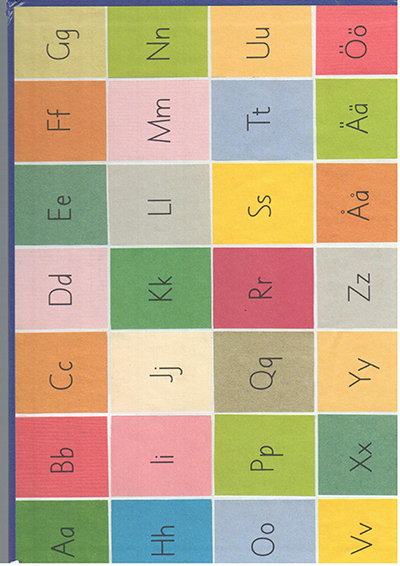 ... ...
... ...